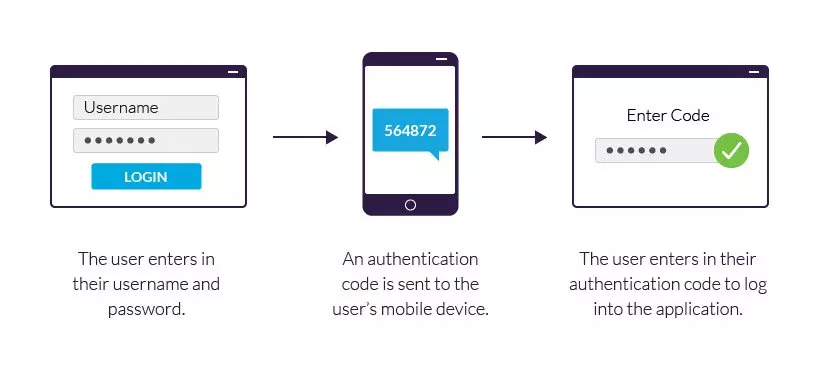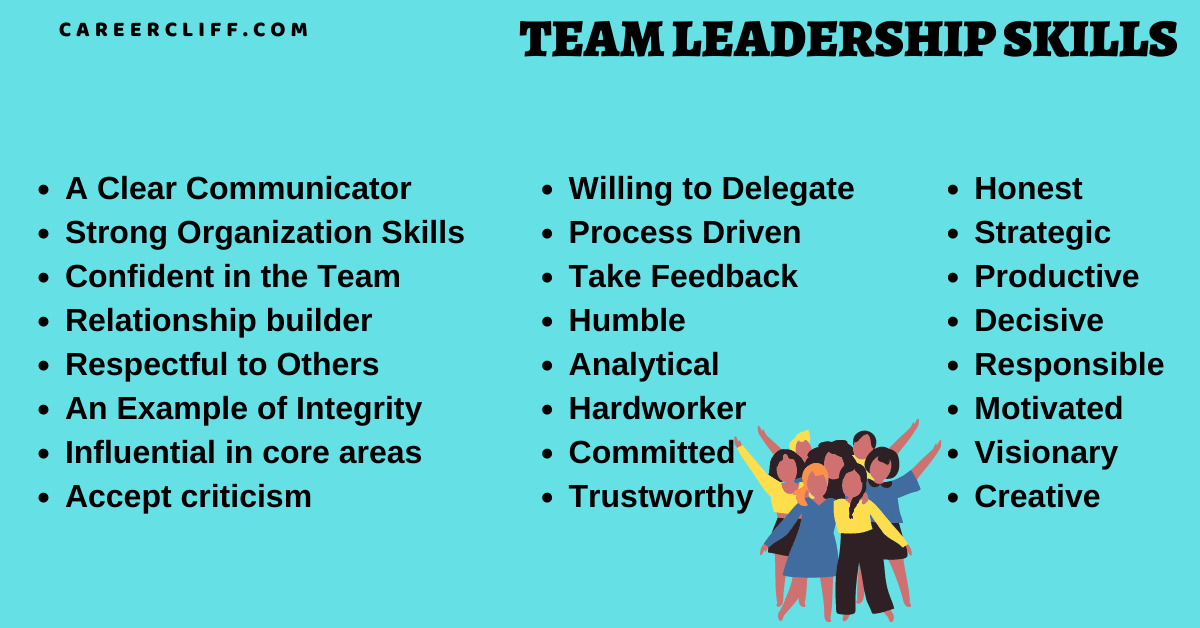Comments
- No comments found

The COVID-19 pandemic has changed the way we do business.
With short notice, teams everywhere had to transition from in-person to remote.
Even though some companies are transitioning back to the office, others are continuing to use a hybrid model. A hybrid workplace is flexible, allowing employees to work at home for a few days each week.
87% of employees say they value a flexible work environment, and 84% of people said they would like to continue working from home.
There are pros and cons to hybrid work environments, but when you maintain a successful workplace culture, your employees will be happier and more productive.
How do you do it? Read on to find out:
When your team members are logging in from different locations, you could be putting sensitive data at risk.
To keep your systems safe, encourage your team to take precautions. For example, you can offer staff training in cyber security and password management. When new members join your team, this type of training can be part of the induction process. Existing team members can even have refresher courses as required.
Try to get them into the habit of changing their passwords regularly and remain conscious of how they use their devices. You can remind your employees to use a secure Wi-Fi network when they’re at home.
Look for software that’s cloud-based and updated regularly with security patches. Two-factor authentication can also help protect your user accounts.

Depending on the workplace, you could give your team members a separate laptop that’s only used for work purposes.
When you create a company culture that makes security a priority, you’ll reduce the risk of data breaches.
Team members who work from home often feel obligated to work after hours, and too much time spent in front of the computer can lead to screen fatigue.
Then there’s sleep deprivation. SleepAdvisor recently reported that 37% of people aged between 20 and 39 don’t get enough sleep.
Despite the benefits of a hybrid workplace, these factors can have a negative impact on productivity.
If you want a successful workplace culture, try to support your employees in having a good work-life balance. For example, you can encourage them to log off when their shifts are over. It’s also a good idea to keep meetings to a minimum.
If your employees need to take time out of their days to care for children or attend an appointment, be flexible. Consider giving your workers options to split their shifts in a way that suits their lifestyles.
When you reduce workplace stressors, your team will be able to have some downtime and sleep better. Happier, healthier team members will be more likely to stay with your company.
When you have a hybrid team, you’ll have people working in different places. Without a consistent, physical work environment, collaborating can be a challenge.
But, when you give your team structure, you’ll be more likely to have successful hybrid arrangements.
For example, how often will staff need to be in the office? What happens when they come in? Some companies stagger the work week, so there are always employees on-site. Others prefer the entire team to be in the office on specific days, such as Tuesdays, Wednesdays, and Thursdays.
Consider scheduling your meetings for the same time each week and delegating daily tasks. You can use virtual calendars and task management software to help team members plan their work schedules. As an added benefit, other members of the team will be able to check who is doing what.
Organization is essential for hybrid and remote teams. Structure and clear goals from management can help your workers stay motivated.
When your workplace has a learning culture, your team will be more successful in both the short and long term. Giving your team members opportunities to learn will give them additional skills and make them feel valued.
You can start by giving everyone free learning resources. For example, if you have a sales business, you can give your employees marketing books, company-specific training manuals, and apps for tracking progress.
You can also offer eligible team members access to online training and courses. This could include short courses, virtual events with guest speakers, and college degrees.
Any courses should be relevant to the role. Popular topics include finance, management, and administration.
At some point, your company may introduce software or procedures. Make sure you give your team the right training so they feel comfortable navigating these new tools.
As your team gains new skills, they’ll contribute more to the company while being more confident and efficient in their roles. When you upskill your employees, it can open up opportunities for business expansion.
When you have team members working from home, you’ll miss out on face-to-face interactions. If you want your hybrid work arrangements to be successful, you should make communication a priority.
Those in leadership positions should always use professional business language, and your managers should be available to answer questions.
Sometimes team members may have issues, and they should be comfortable discussing these with a manager.

If your team needs to collaborate on projects, you’ll need to find ways to communicate when people are working remotely. You can use communication apps with chat functions like Slack or rely on video conferencing software like Zoom. You may prefer to rely on email and phone calls instead.
Everyone should know who to contact if they need help or have a question. It can be beneficial to split larger teams into smaller ones. With smaller groups working together, it can be easier to maintain contact.
When you make good communication part of your workplace culture, your employees will feel supported.
The future of workplaces is hybrid, with a mix of in-person and remote workdays. If you have a remote team, you may be wondering how to maintain a successful workplace culture.
One of your top priorities should be security. Make sure your team members understand cyber safety and have strong passwords. Consider using secure, cloud-based software that’s updated regularly.
Downtime can help your team recharge and improve productivity. Structure is also important so that everyone knows what to expect.
Don’t forget to provide resources and training. With the right tools and opportunities to upskill, your team will know that you’re supporting their long-term career goals.
Make sure to keep a strong focus on communication. Without good communication, you can’t have a successful hybrid team.
With these tips, you can create a positive company culture and support a flexible work environment.
Leave your comments
Post comment as a guest